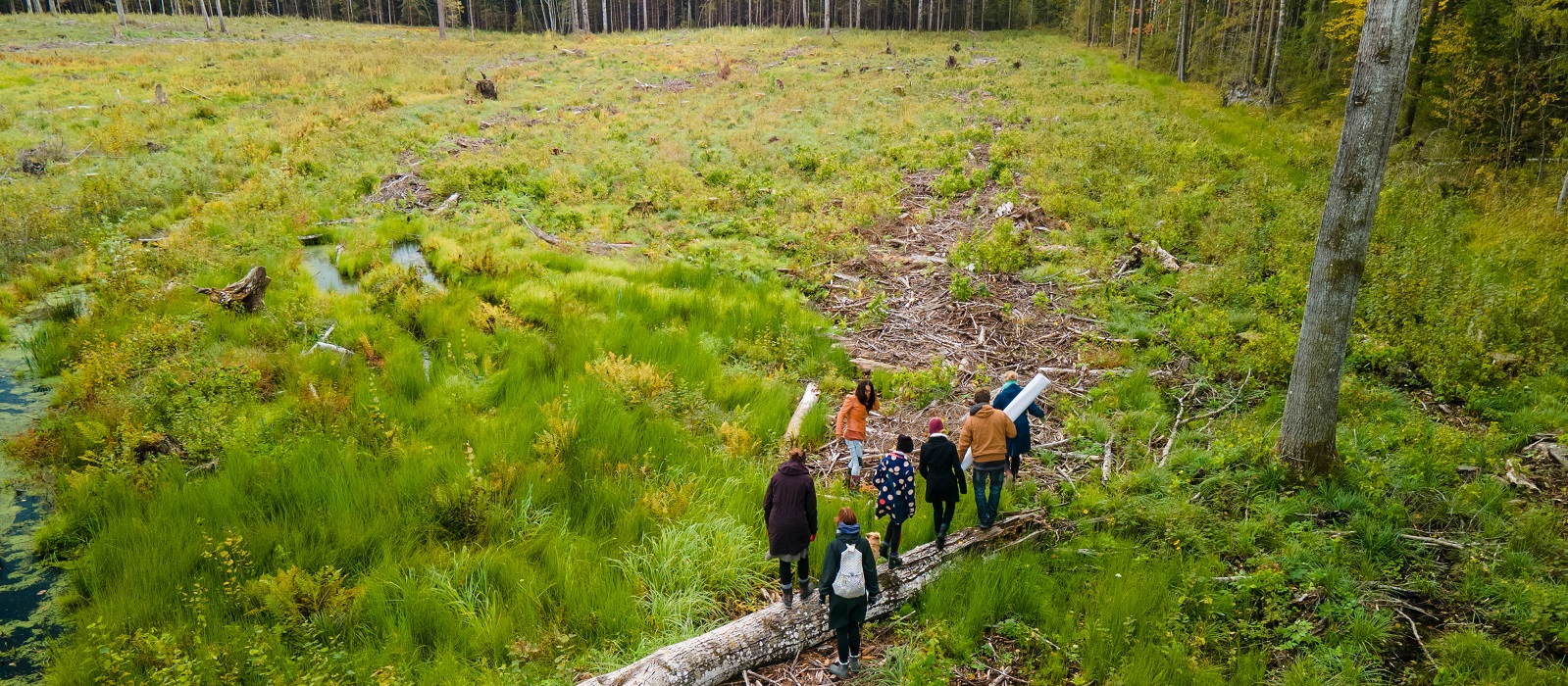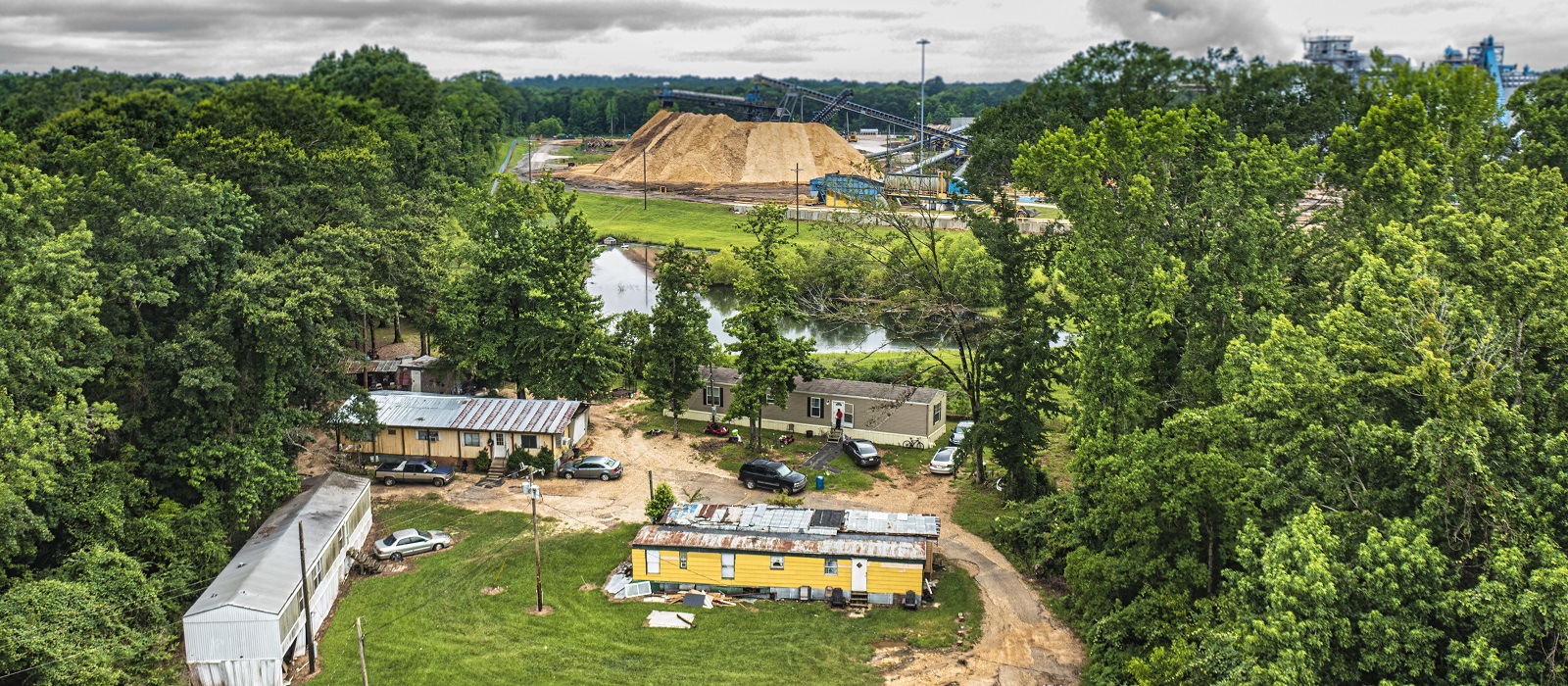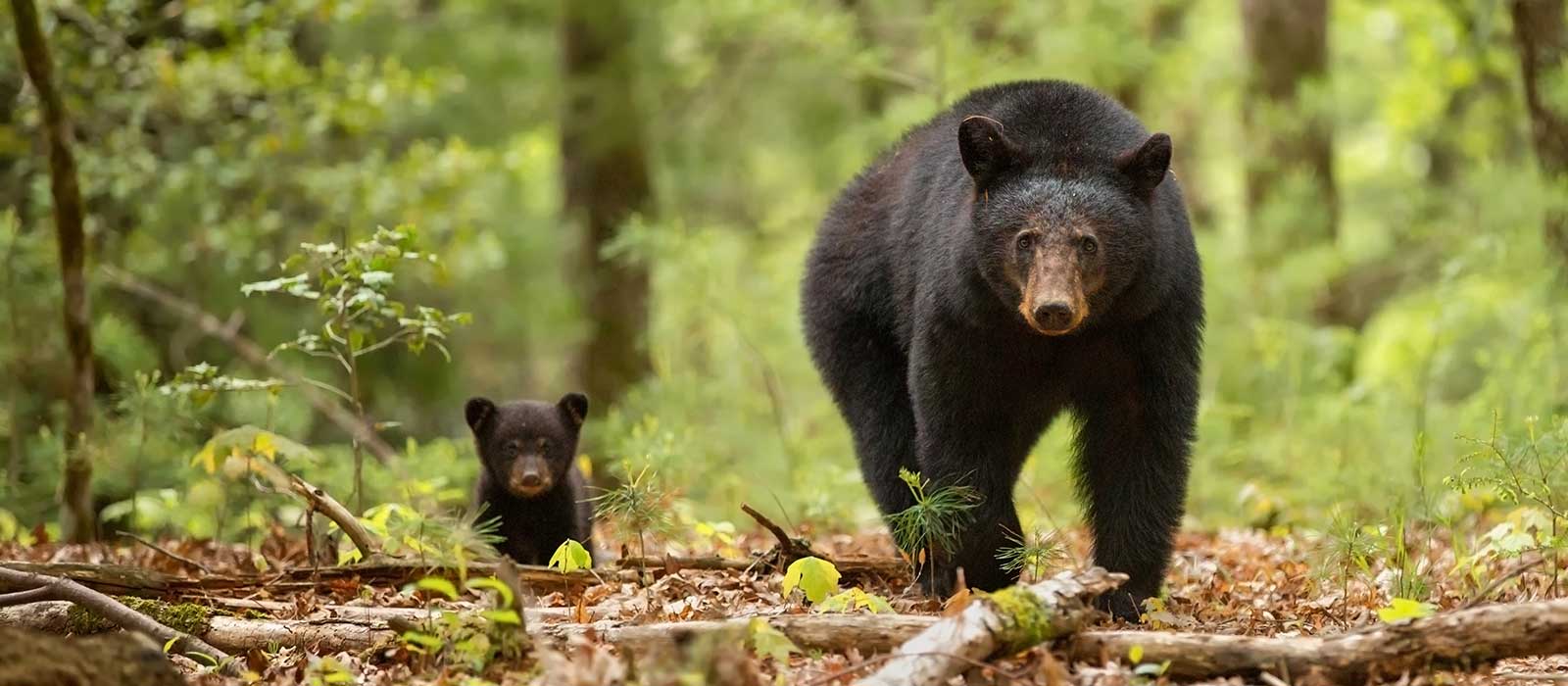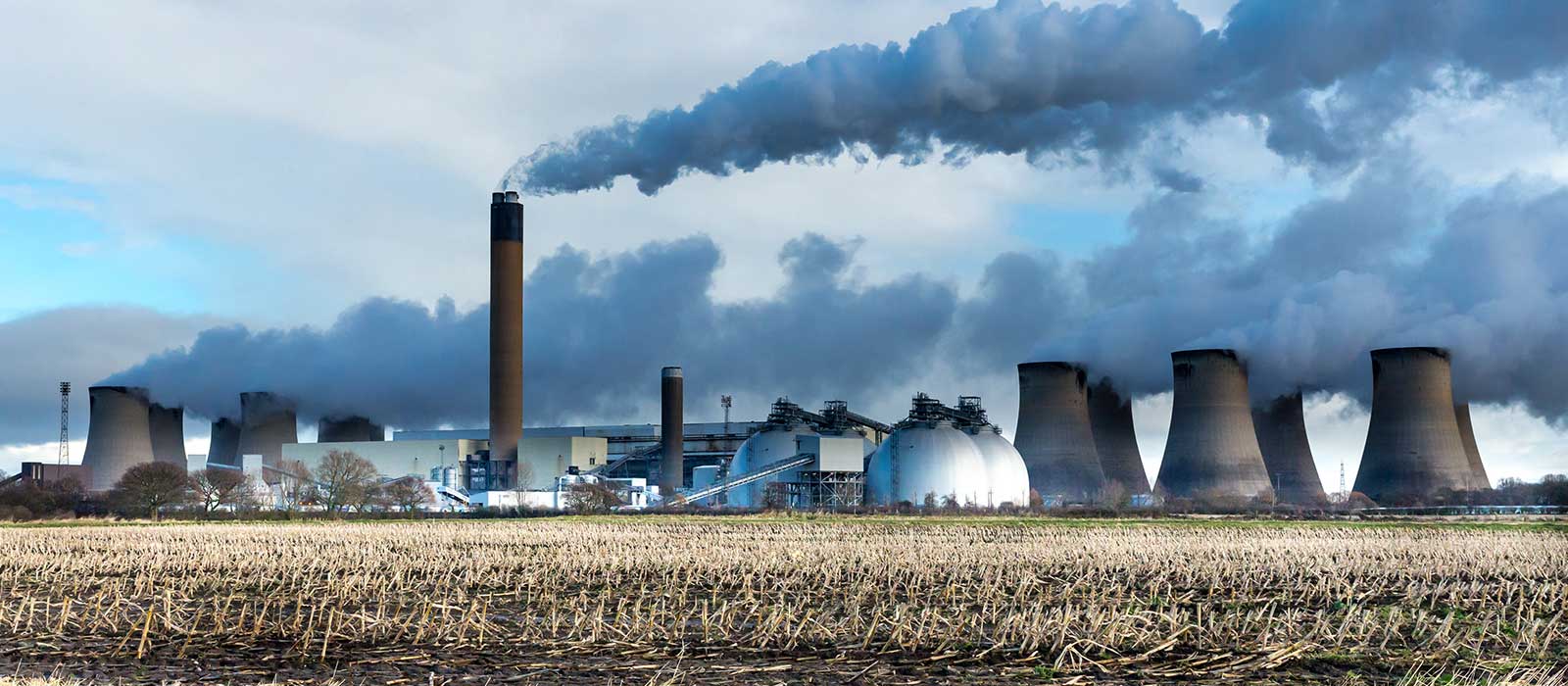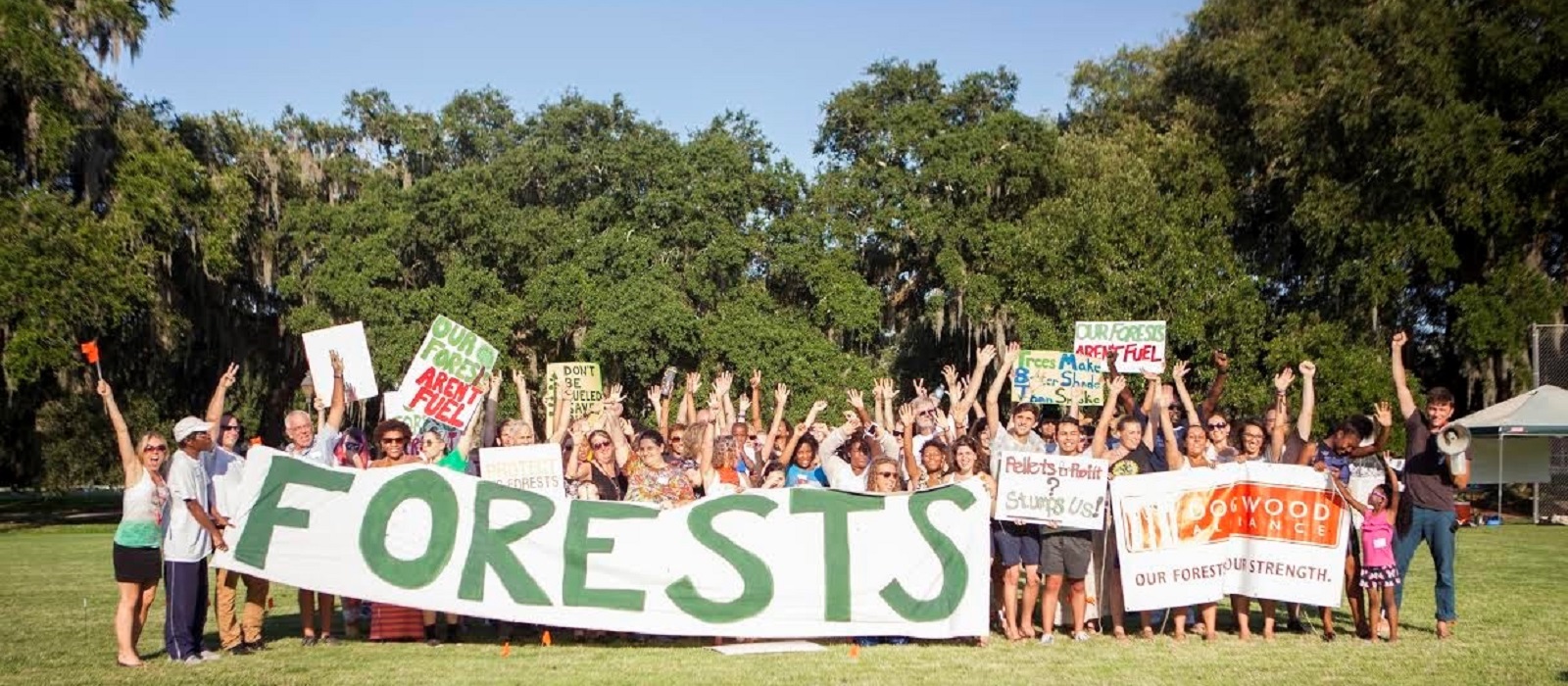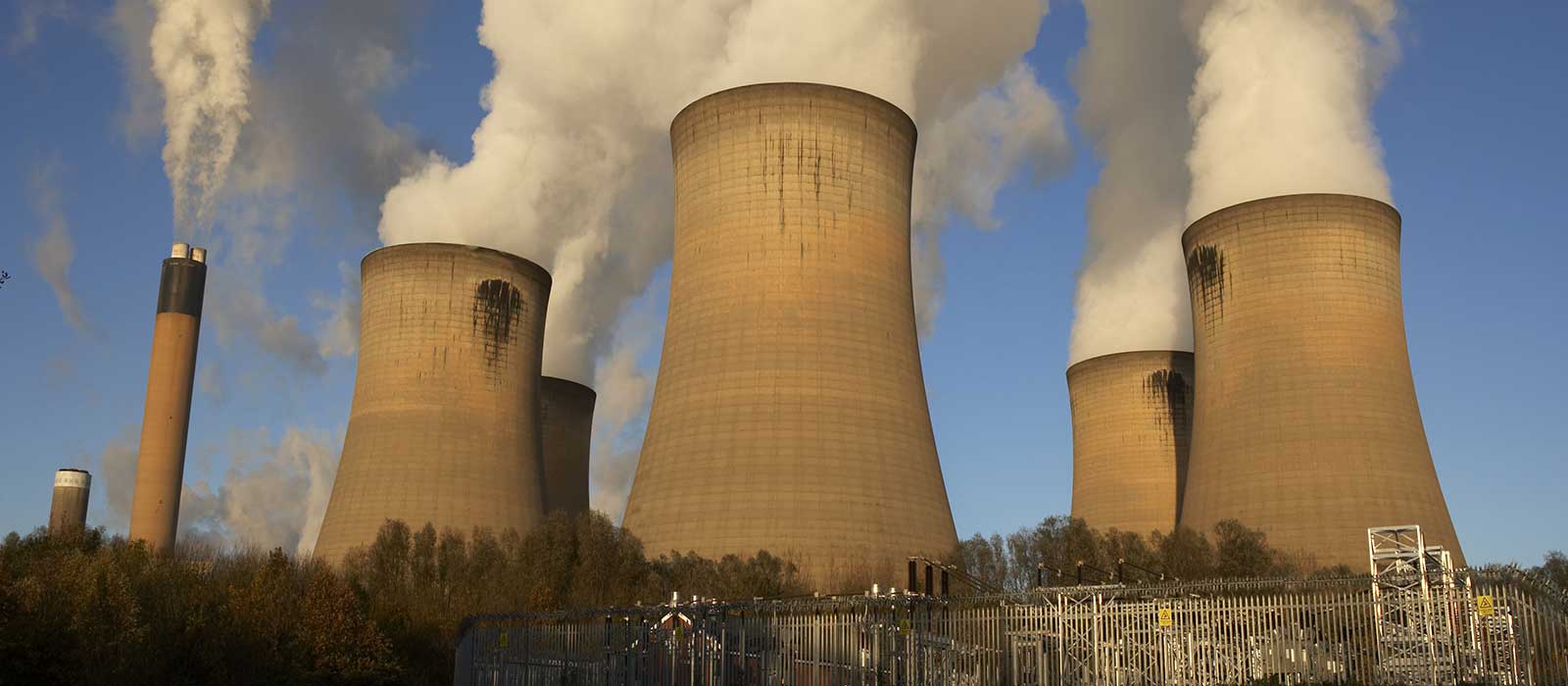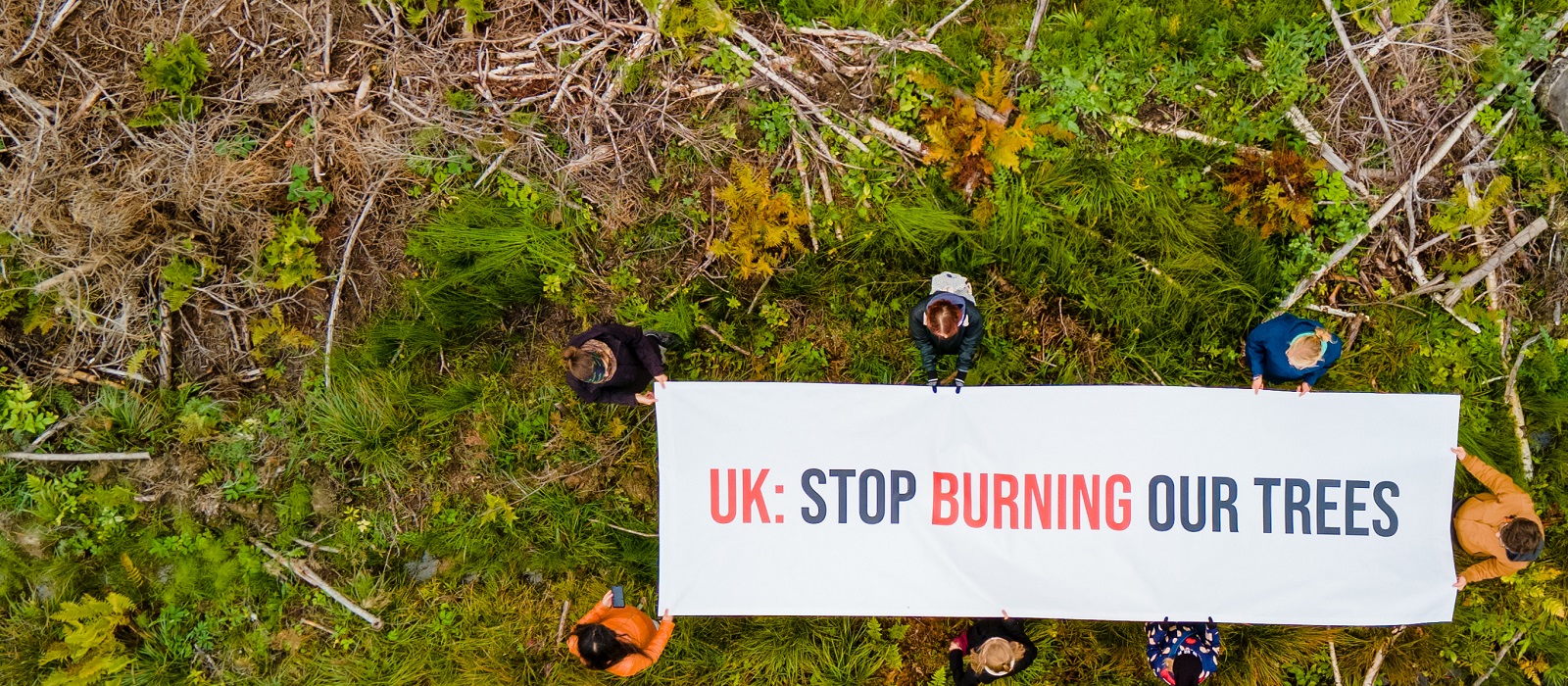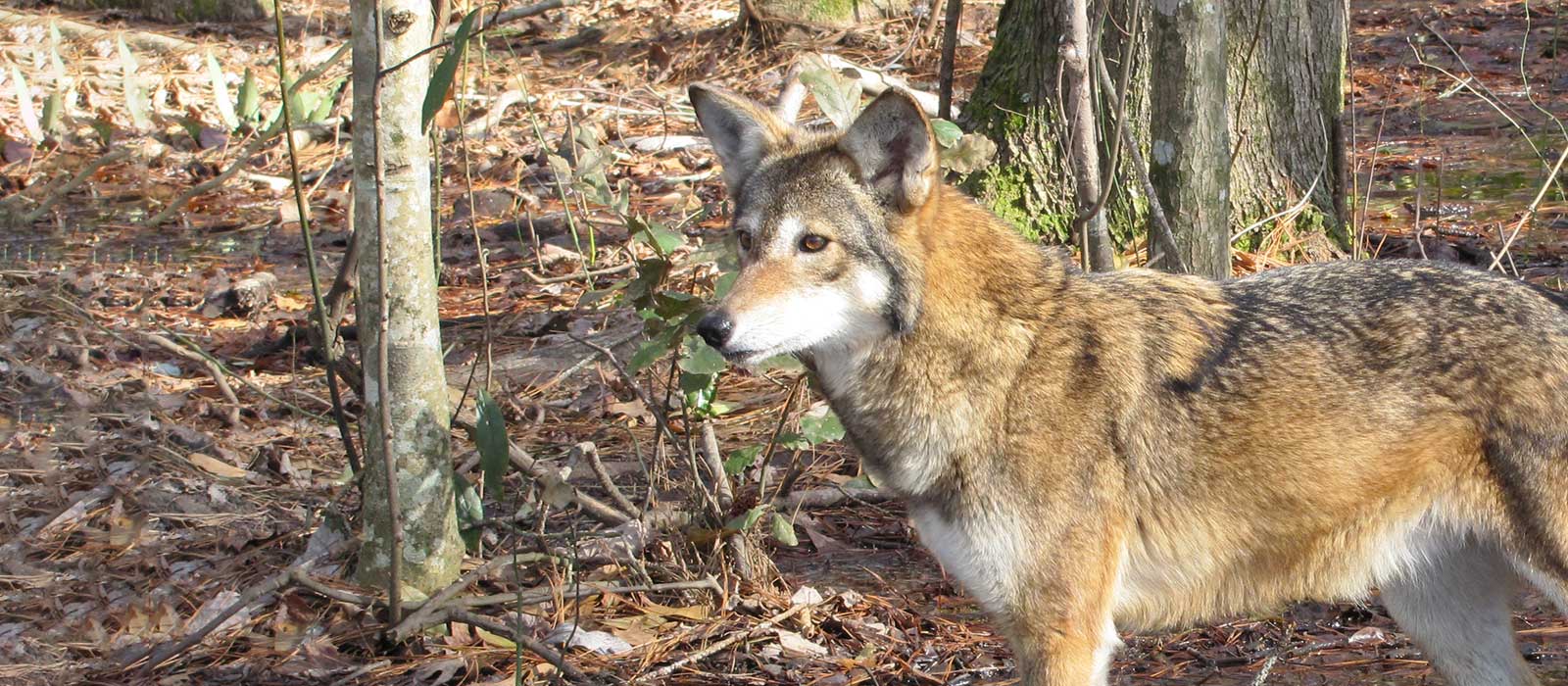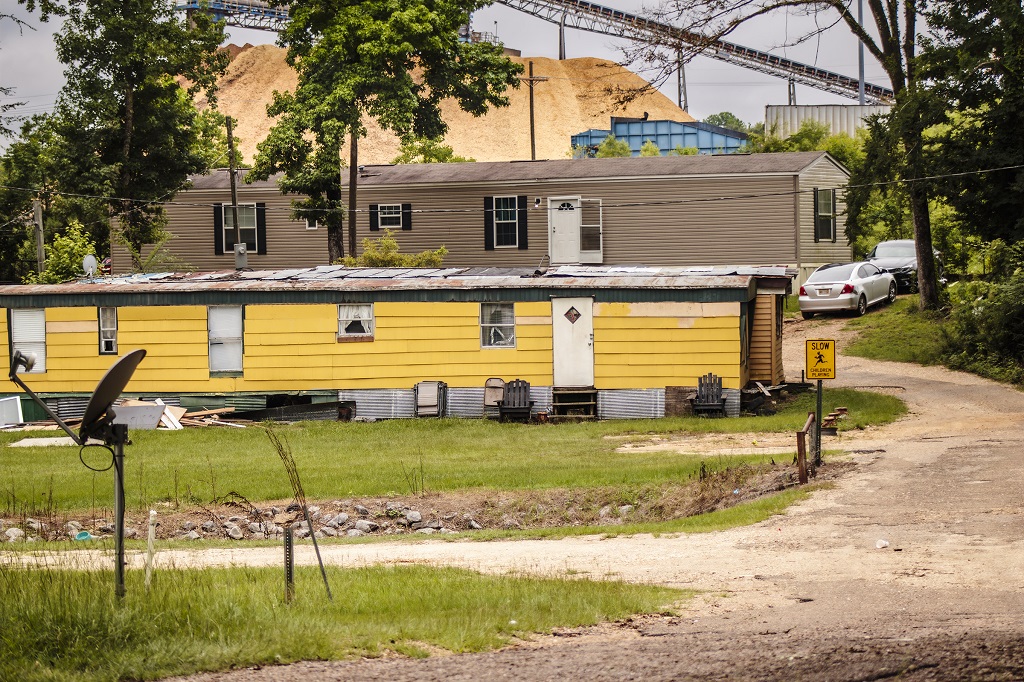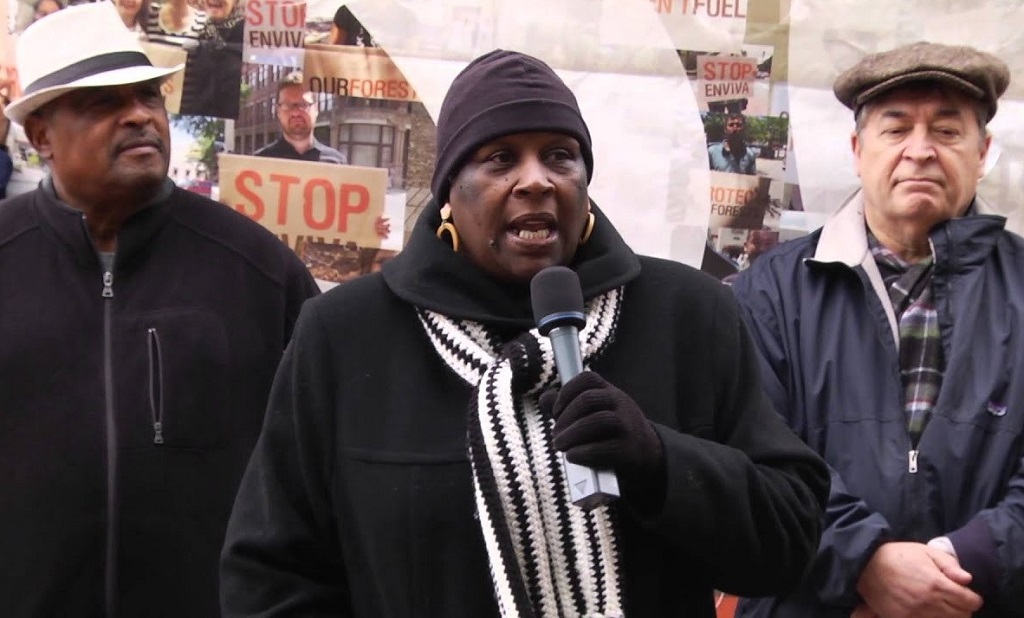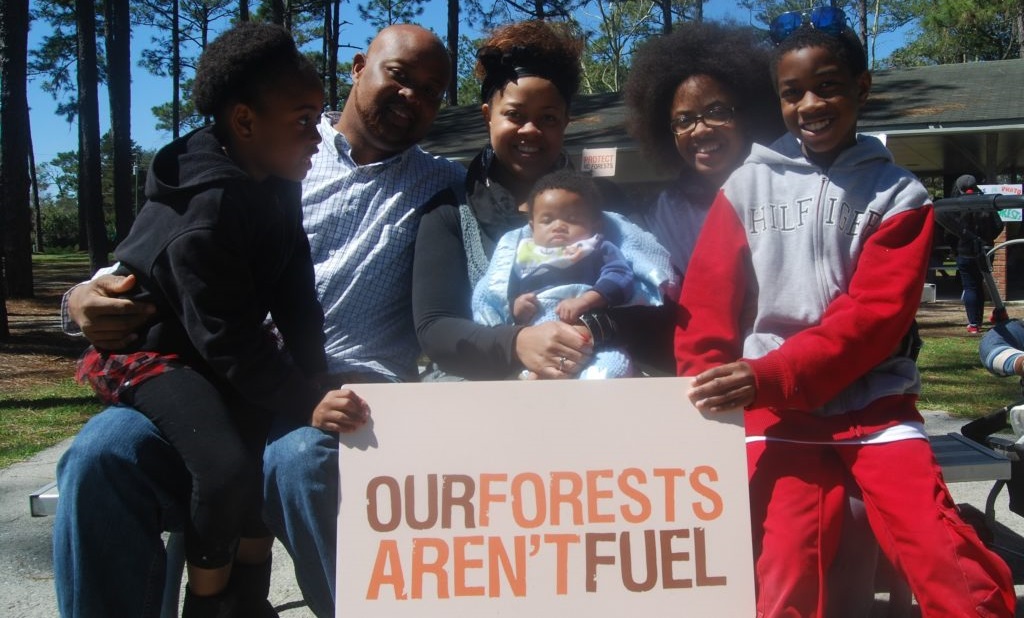Pellet mills emit hazardous or toxic air pollutants that are known to cause cancer and other serious health impacts even at relatively small amounts. A 2018 report by the Environmental Integrity Project found that 21 wood pellet mills exporting to the European Union emit thousands of tons of fine particulate matter or PM2.5 (fine dust), carbon monoxide, nitrogen oxides (smog), and volatile organic compounds (VOCs) every year, which the U.S. Environmental Protection Agency associates with illnesses ranging from respiratory and heart disease to cancer to slowed lung function in children.
While each of these pollutants has serious health or environmental impacts, PM2.5 is especially harmful to human health, causing up to 200,000 excess deaths in the United States every year. PM2.5 consists of tiny airborne particles that can pass deep into a person’s lungs and even into the bloodstream, causing heart attacks, decreased lung function, worsening asthma symptoms, and leading to premature death, especially among people of color. In Northampton County, North Carolina, where the world’s largest pellet producer, Enviva, owns a pellet mill, more than one in ten adults suffered from asthma in 2018 and residents describe a constant cloud of dust flowing from the plant onto their homes, cars, gardens, and into their lungs.

